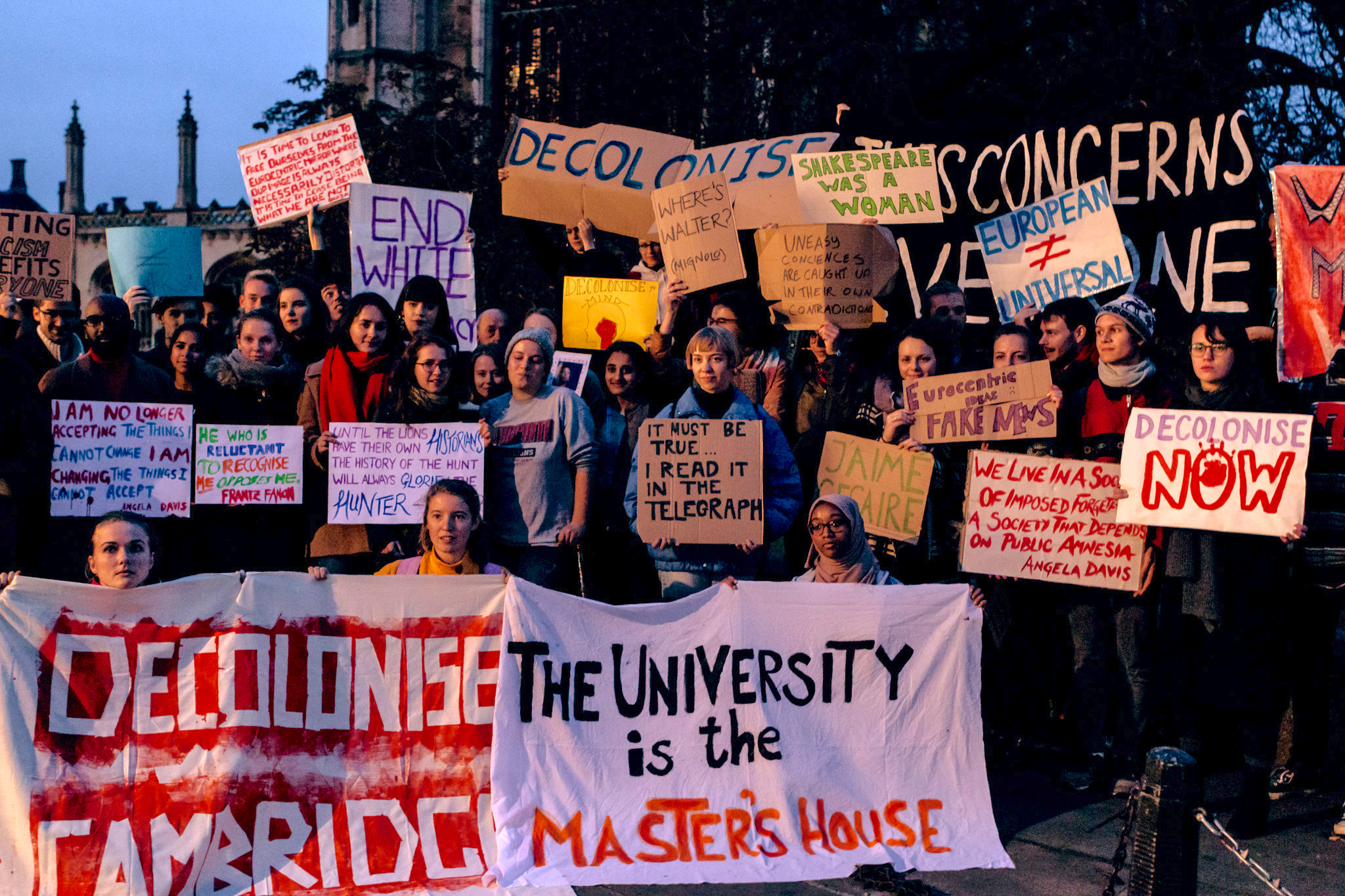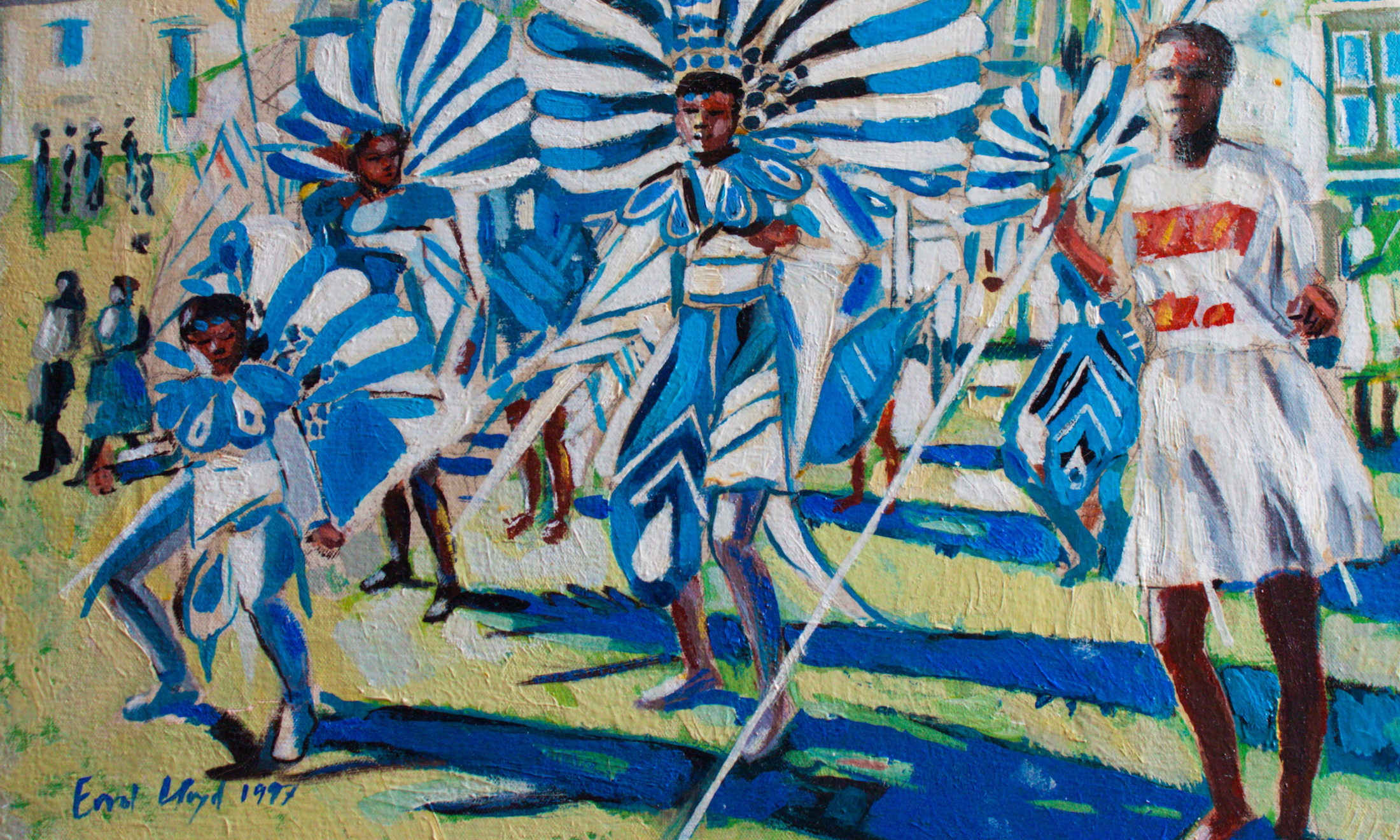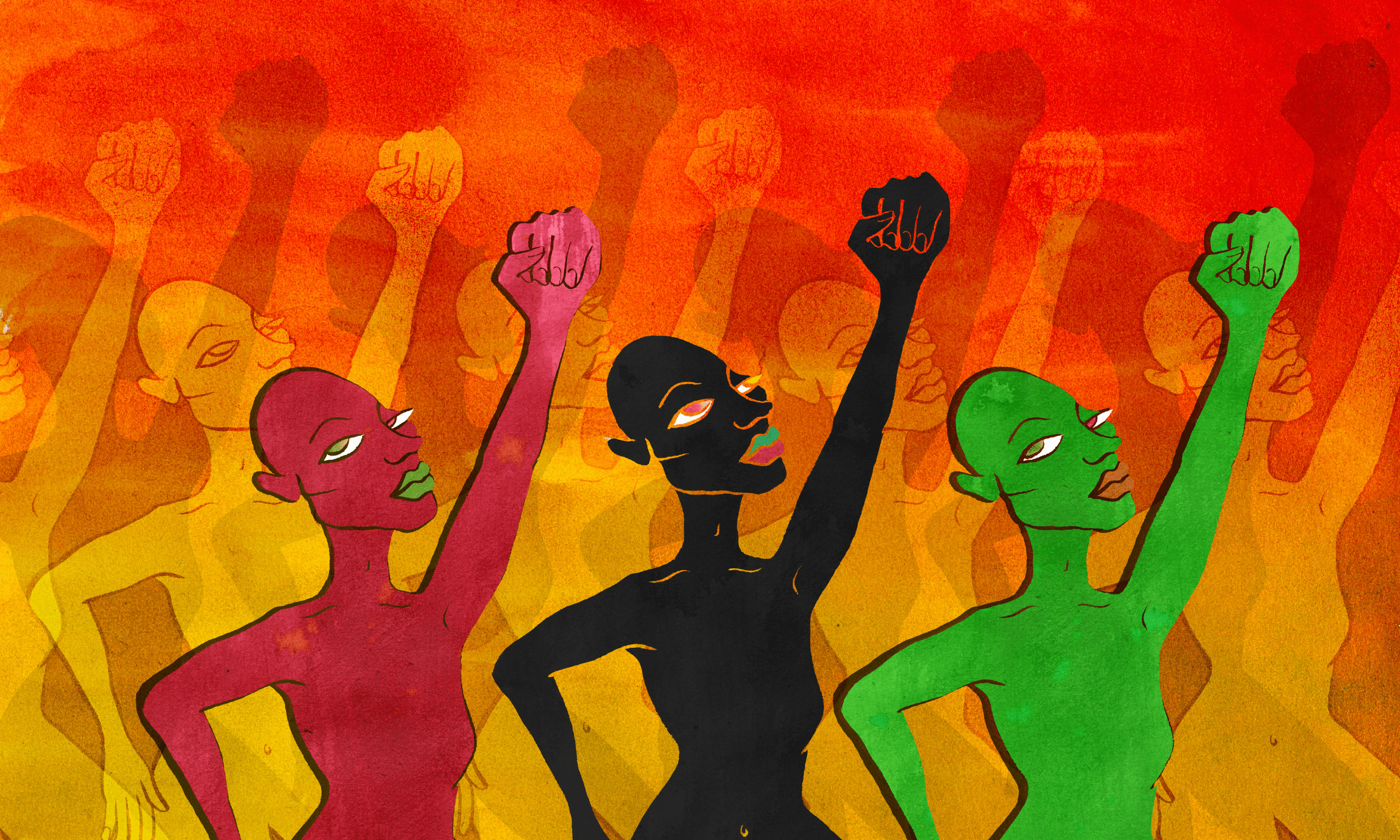
Cambridge Uni has launched an ‘investigation’ into its links with slavery. What’s there to investigate?
Beatrice Obe
01 May 2019
Photography by Louis Ashworth
On Monday, the University of Cambridge announced that it is officially launching an investigation into the ways the institution may have benefitted from the slave trade. This morning, the collective groans of black students at the uni are barely registering through a tsunami of praise.
Whatever Nobel Peace Prize nomination they were expecting, this is just absolutely, categorically not going to be it.
Really, any part of this project being framed as an “investigation” is disingenuous to the very core. There is no investigation needed — no investigation has never been needed to “uncover” something that has always been hiding in plain sight. Professor Martin Millett, who is involved in the project, wrote that “the panel is just as invested in the way scholars at the University helped shape public and political opinion, supporting, reinforcing and sometimes contesting racial attitudes which are repugnant in the 21st Century.”
Variants of this phrase are ubiquitous, and every iteration of it is senseless. The idea that “racial attitudes” only started becoming repugnant in the 21st century, supposedly marked by when white people started realising they couldn’t get away with racism, is bizarre. Racism doesn’t fit neatly and unproblematically into a historical niche, and can’t be excused by saying people “didn’t know better”.
“How dare an institution whose black academics can be counted on one hand feign ignorance when it comes to their glaringly, shockingly obvious race issue?”
The tentative language surrounding the publicity of this inquiry is insulting to every black person, and every person of colour who not only knows the deep and violent colonial history of Britain and its wealthiest institutions, but experiences its legacies every day. Frankly, how dare an institution whose black academics can be counted on one hand feign ignorance when it comes to their glaringly, shockingly obvious race issue?
This launch of a two-year-long investigation into the university’s potential ties with the slave trade presents us with the same frustrating arena of “fair-play” where one can either be proved right or wrong that debating societies like the Cambridge Union champion. It presents truths about real people’s lives as delicious hypotheticals, as nothing more than persuasive arguments, which are rendered useless once combated by another, more persuasive argument.
And this raises some critical questions: who are they trying to persuade? Is it just another room full of tuxedoed, full-throated, wealthy, white men, to whom the outcome might be interesting at best, and negligible at worst? Does the outcome even matter?
If anything, this seems like it’s for white people – the move allows them to briefly don a mantle of progressiveness. But to conflate student-organised campaigns like Decolonise with this is not only inaccurate, but a purely performative attempt at riding on the coattails of an activist student organisation which is trying to affect concrete change, without actually helping them.
So, this should be disregarded. People giving Cambridge a standing ovation for confronting the “grievous wrong” that it may or may not have committed (verdict apparently still pending) need to sit all the way back down. Colonialism is not news. Its horrifying power is not debatable. No amount of inquiry will alter the monumental role that this country, let alone its most powerful institutions, had in the subjugation and enslavement of a quarter of the world.
“Colonialism is not news. Its horrifying power is not debatable”
Colonialism and imperialism weren’t just the slave trade. It was the theft of raw materials, resources, land, energy, and, of course, labour from the colonies, in order to fund development and industrialisation back in Britain. It is the extortionate tax deals that these ex-colonies are still being made to pay the UK, despite having been leeched dry and instead deserving reparations. Our infrastructure, the very ground we walk on has of course benefitted from the slave trade – how do you “investigate” that? Instead, the university refuses to address the structural inequalities that disadvantage black people in this country, the very root of which can be traced back to Britain’s colonial exploits in the 17th century, as if this isn’t directly linked to slavery, too.
Although it can be incredibly difficult to remember when walking through the streets of Cambridge, sitting in all-white lecture halls, having to swallow micro and macroaggressions every day, black people still exist. Despite everything, we exist at Cambridge, too. If an investigation like this should aim to amount to anything, it is a true, earnest understanding of the depth of our alienation here, and the honest, active work to fix it. Fire the eugenicist; hire more black academics; make scholarships for black kids; address the participation gap; decolonise all your curricula, and then come back. Otherwise, talk – and research – is cheap, especially with all that slavery money.









